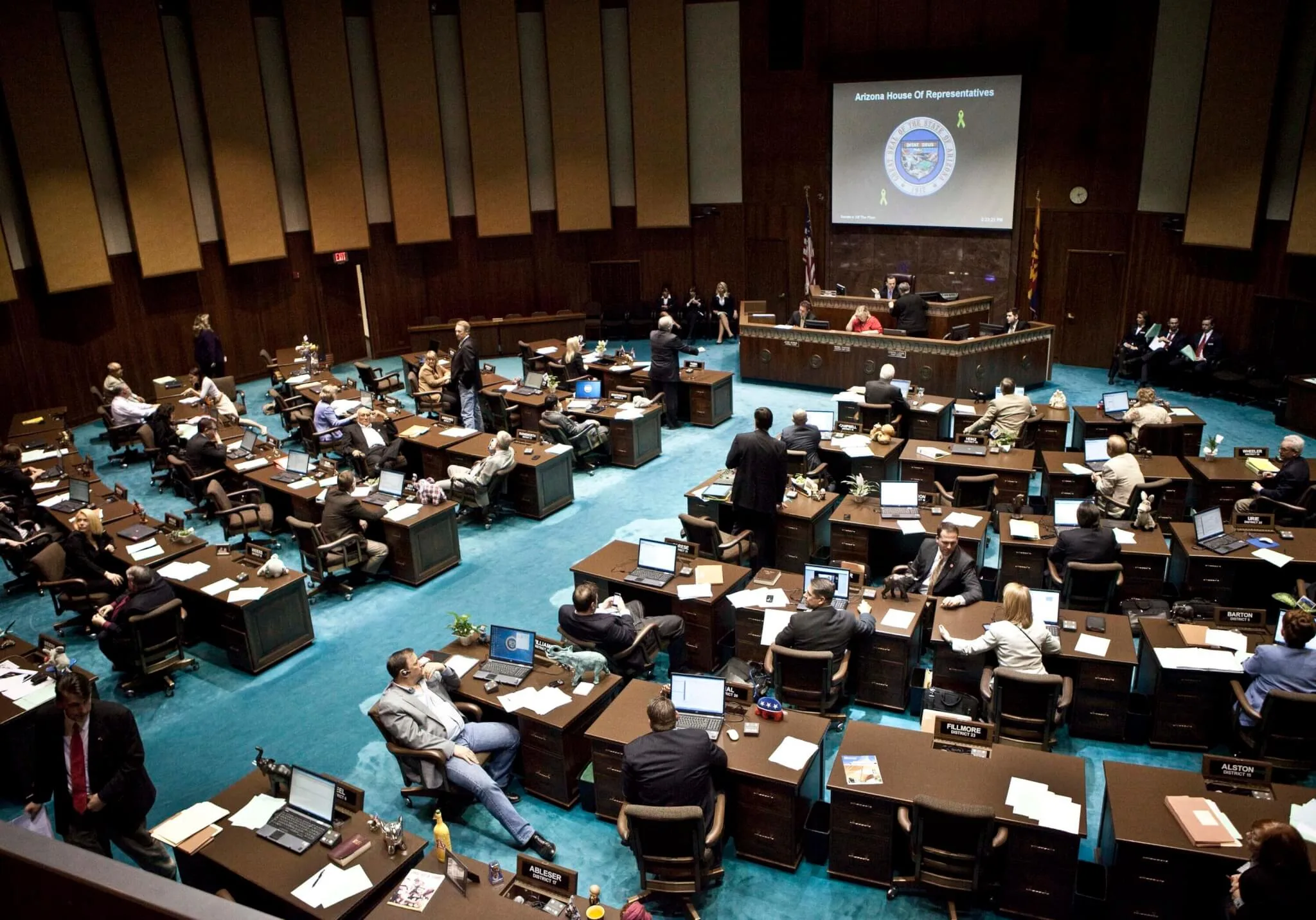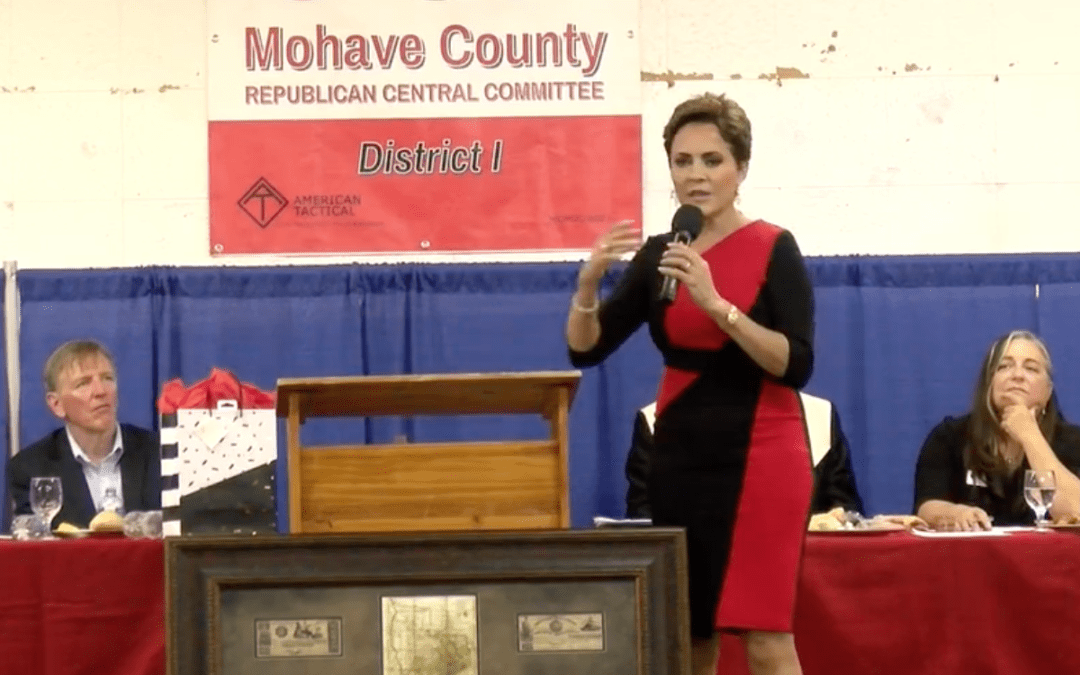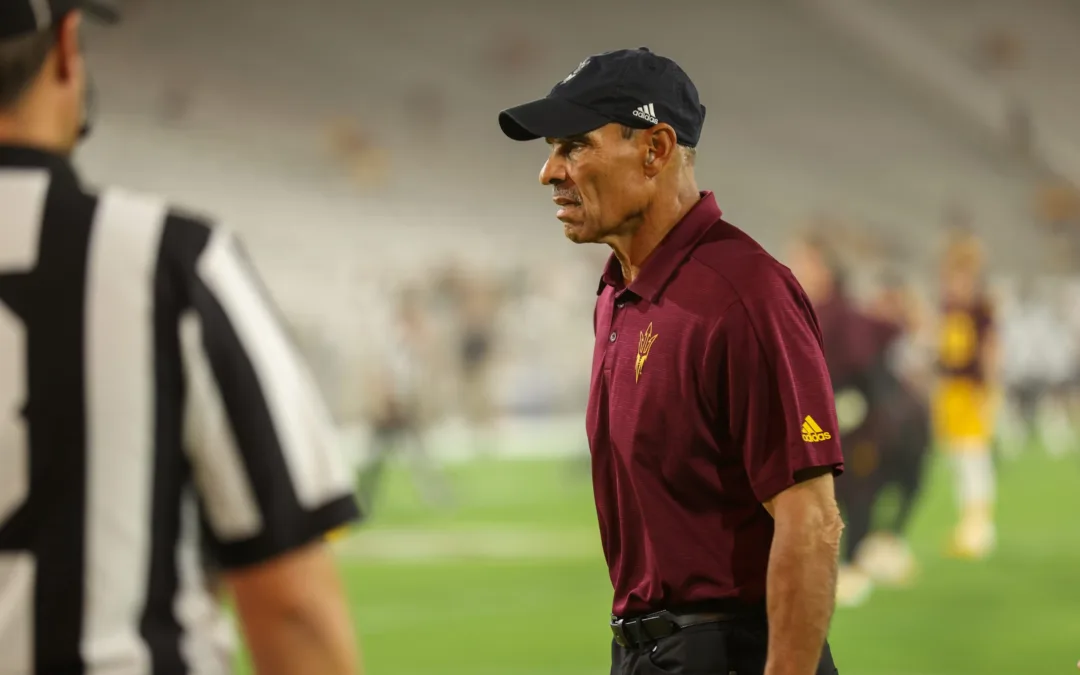
FILE - The Arizona House of Representatives gather during a legislative session Wednesday, April 6, 2011, at the Capitol in Phoenix. Arizona Legislature voted to ban gender-reassignment surgery for minors and sends bill to Republican Gov. Doug Ducey on Thursday, March 24, 2022. (AP Photo/Matt York, File)
Democrats look to expand voting rights if they claim majority in November.
A Republican-led effort to pass laws that would limit or restrict voting has swept the country, but in Arizona, efforts have been held at bay by 43 Democratic lawmakers—and two Republicans.
The 2022 legislative session is underway in state capitol buildings across the country, where party members across state lines have proposed laws in their respective regions that would remove eligible citizens from voter rolls, limit where voters can cast their ballots, and even end early voting entirely.
Some of the more radical election bills have run into roadblocks in the form of Glendale Republican Sen. Paul Boyer. He was often joined by Sen. Michelle Ugenti-Rita, R-Scottsdale, in rejecting what Boyer called “bad policy.”
Arizona’s Senate has 16 Republicans and 14 Democrats. A single no vote from a Republican effectively kills legislation that can’t get support from Democrats.
Democrats in the state Senate have thus far been united in voting against attempted revisions to election law pushed by Republican lawmakers.
What Hasn’t Passed in Arizona—and Why
In early March, Arizona Republicans struggled to pass election-related bills that drew opposition from either one of or both Boyer and Ugenti-Rita.
SB 1358 would have required counties in Arizona that operate vote centers rather than precinct-based voting sites to separate ballots by precinct so a hand-count audit could be performed. It did not pass.
Another bill that failed to pass forbade election officials from requiring the use of certain pens. That bill was designed to remedy the debunked theory that ink from felt-tipped “sharpies” bled through to the backside of ballots.
Boyer also voted against a bill that expanded the Arizona attorney general’s power by allowing them to investigate election issues for federal office, including Congress and presidential electors.
“The state attorney general doesn’t have authority over federally election officials. It’s for a reason.” Boyer said. “This is a massive power shift to the county attorneys and the attorney general.”
The Lasting Effects of the ‘Audit’
The Republican-led review of the 2020 election led to a plethora of proposed bills in Arizona’s 2022 legislative session, including a proposal that would have made the Republicans’ 2020 election “audit” procedures a permanent fixture. The bill failed to pass.
Boyer—and later Ugenti-Rita—have been critical of the 2020 “audit,” drawing ire from their party.
“It makes us look like idiots,” Boyer told The New York Times. “Looking back, I didn’t think it would be this ridiculous. It’s embarrassing to be a state senator at this point.”
“I supported the audit, but I do not support the Trump audit any longer,” Ugenti-Rita said on Twitter. “I wanted to review our election processes and see what, if anything, could be improved. Sadly, it’s now become clear that the audit has been botched.”
Sen. Sonny Borrelli, a Lake Havasu Republican, angrily spoke on the Senate floor after the bill failed due to Boyer and Ugenti-Rita splitting with the party.
“This sets up a process to make sure that the laws are being followed … Our citizens demand it. They’re entitled to it. The elections belong to them, not to us,” Borrelli said.
Ugenti-Rita and Boyer also joined with Democrats to defeat another bill that would make ballot images public record. This would allow people to see the entirety of a ballot aside from personal information indicating who cast the ballot.
Ugenti-Rita said she opposed the bill because it was duplicative of other legislation.
Another bill that failed included measures that would have created additional bureaucratic hurdles to the maintenance of voter rolls; another attempted to address unfounded concerns regarding the security of ballot machines.
Democrats in the state Legislature have staunchly opposed all bills that would either limit voting or make it more difficult.
Sen. Martin Quezada, D-Glendale, is a member of the Arizona Senate Appropriations, Judiciary, Rules, and Ethics committees. He has come out in opposition to all Republican-proposed election and voting bills, stating they solve problems that do not currently exist.
“(Republicans) are pushing a narrative that the 2020 election was stolen and need that justification to push the larger voter suppression efforts as part of their ‘fix’ of AZ elections,” Quezada said. “But they can’t not appear to be addressing the lies they’ve created—so that’s why they’re also pushing bills regarding Sharpie-gate, ballot images, AG investigation, etc.”
Quezada laid out the Democrats’ potential agenda for elections and voting if they were to take over the majority after this year’s elections.
So far, Quezada has introduced bills that automatically register those eligible to vote and allow same-day registration, add ballot drop boxes on higher education campuses, expand early voting locations, and implement a voters’ bill of rights.
“Ideas like those respect voters’ ability to vote, regardless of who they vote for,” Quezada said. “They’d allow voters to choose their elected officials rather than having elected officials choose their voters.”

A Nationwide Push Sparked by the ‘Big Lie’
Many of the proposals being touted as election security bills are a direct response to the false claim that there was widespread voter fraud in the 2020 general election.
Despite no evidence of widespread voter fraud—and, in fact, a number of election evaluations ranging from legitimate audits to partisan investigations that have proved time and time again that the 2020 elections were fair, free, and secure—many Trump supporters have claimed the election was stolen from the former president, and they have crafted legislation to fix problems that don’t appear to exist.
An agency that falls under the purview of the Department of Homeland Security said the 2020 election was the most secure in the history of elections. The 2020 election saw an increase in early and mail-in ballots due to the COVID-19 pandemic.
“When states have close elections, many will recount ballots. All of the states with close results in the 2020 presidential race have paper records of each vote, allowing the ability to go back and count each ballot if necessary,” the Cybersecurity and Infrastructure Security Agency said in a statement in 2020. “This is an added benefit for security and resilience. This process allows for the identification and correction of any mistakes or errors. There is no evidence that any voting system deleted or lost votes, changed votes, or was in any way compromised.”
Here is some passed legislation from across the country that aims to either limit or restrict voting since the 2020 election:
Arkansas
Gov. Asa Hutchinson signed into law last April a bill that limited drop box usage, shortened the time for requesting and submitting mail-in ballots, and eliminated any other alternatives to showing ID.
SB 643, which became Act 973, was struck down by an Arkansas judge as unconstitutional.
The case is likely headed to the state’s Supreme Court.
Florida
Gov. Ron DeSantis signed into law last May legislation that put restrictions on ballot drop boxes and Floridians’ ability to vote by mail.
The same bill made it so items, including food and water, can’t be given to voters within 150 feet of a ballot box.
DeSantis is expected to soon sign a bill that passed both chambers of the Republican-controlled Florida Legislature that establishes a dedicated investigative unit in the Department of State that would look into alleged election crimes.
Georgia
In March 2021, Gov. Brian Kemp signed into law a measure that added new voter identification mandates and roughly cut in half the amount of time for voters to request a mail-in ballot.
The legislation also outlawed giving food or drinks to voters within 150 feet of a polling place.
Iowa
Republican Gov. Kim Reynolds signed a bill into law last year that gave Iowans less time to vote and made it harder to vote via mail.
The law also set polls to close at 8 p.m. instead of 9 p.m. on Election Day.
Absentee ballot drop boxes were limited to one per county, criminal penalties were enacted for county election officials who don’t follow election guidance, and the mass mailing of absentee ballot request forms was outlawed.
Kansas
Gov. Laura Kelly, a Democrat, vetoed a bill that would limit how many ballots someone could deliver on a person’s behalf.
She also vetoed a bill that would require individuals or organizations who solicit voters to request advance ballots to identify themselves.
The Kansas Legislature overrode both vetoes.
Montana
Republican Gov. Greg Gianforte signed a bill into law that ended Election Day voter registration.
Texas
Gov. Greg Abbott signed a controversial measure into law in September last year after a lengthy battle between Republicans and Democrats. The law created new criminal penalties for people who help voters at the polls or those who assist people planning to vote by mail.
It also banned drive-thru voting and extended voting hours.
Looking for the latest Arizona news? Sign up for our FREE daily newsletter.
Politics

Kari Lake calls on Arizona county sheriffs to enforce 1864 abortion ban
Republican candidate for US Senate Kari Lake on Saturday seemed to solidify her support for Arizona’s total abortion ban and called on county...

VIDEO: Arizona Rep. Greg Stanton ‘We will not stay silent’ on abortion ban
@coppercourier "Under this extreme law, women will die, and their doctors and nurses will be criminalized. This cannot stand," Rep. Greg...
Local News

6 terrifying things that could happen if the Comstock Act is used to target abortion
Does 1873 sound like a really, really long time ago? Well, that’s because it is—but if Republicans and far-right anti-abortion activists have their...

ASU football slapped with probation due to violations during Herm Edwards era
The violations described in the NCAA statement include impermissible in-person recruiting contacts while the state of college athletics was...





